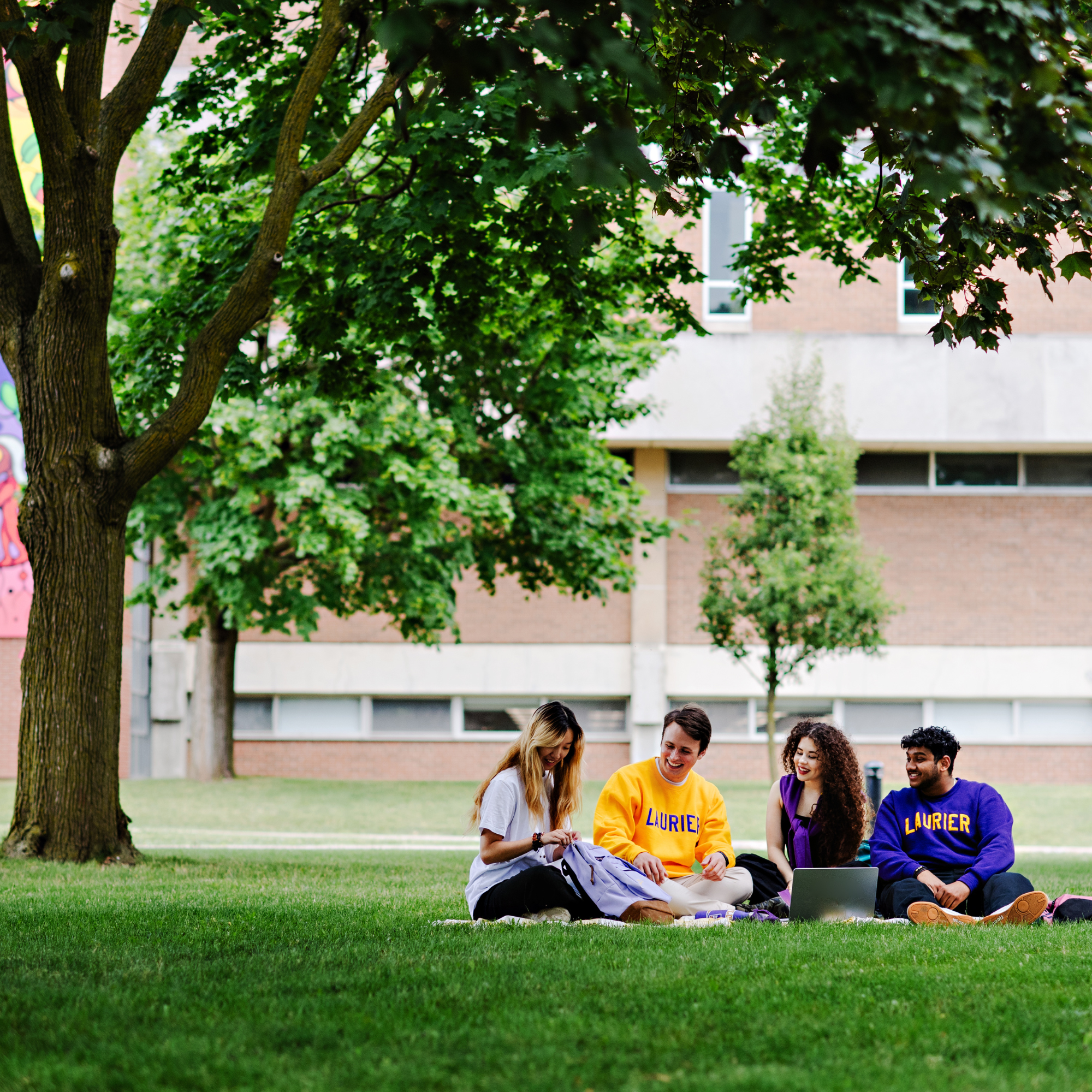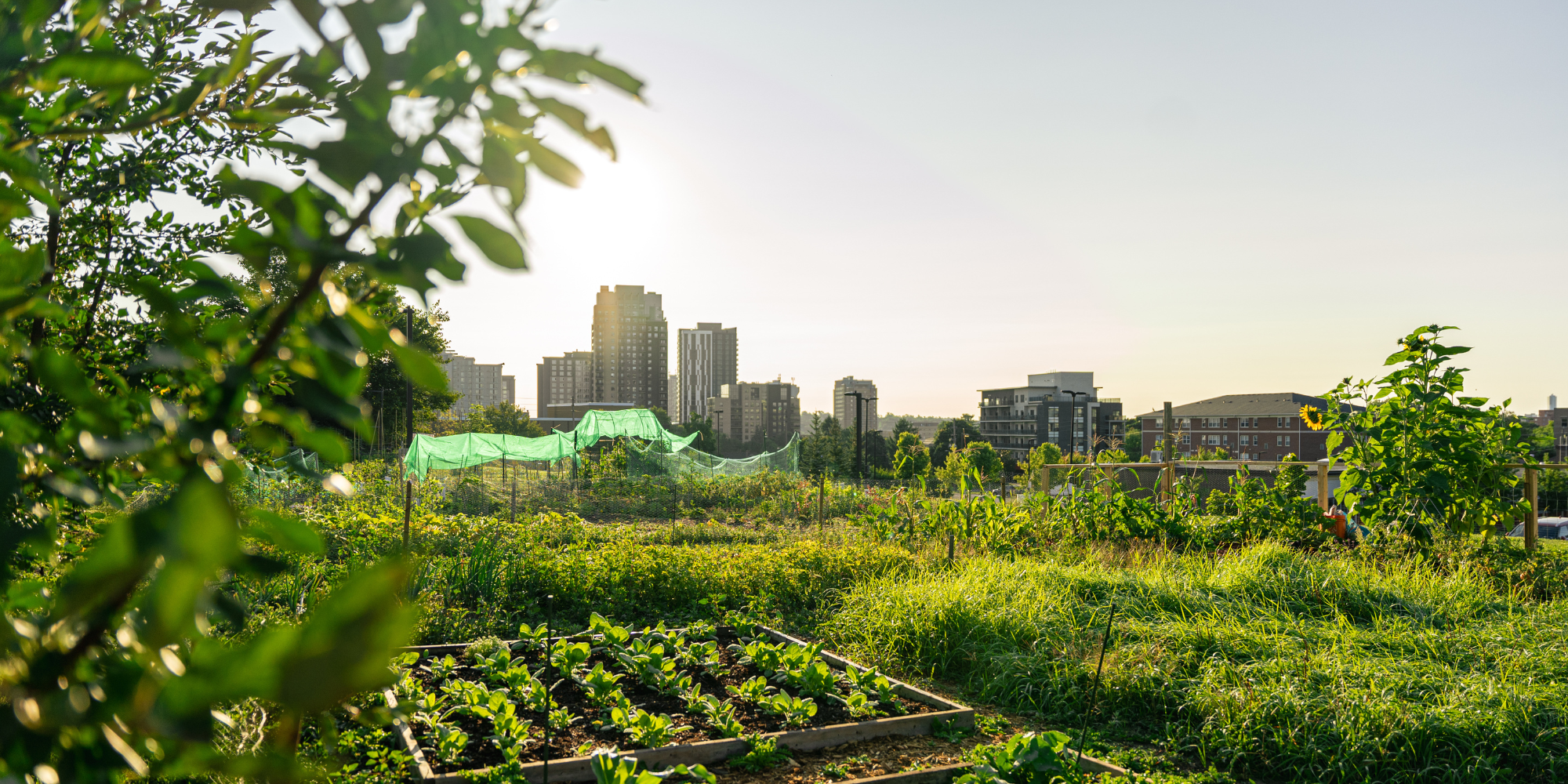We use cookies on this site to enhance your experience.
By selecting “Accept” and continuing to use this website, you consent to the use of cookies.

With universities playing a vital role in climate change education, understanding students' prior knowledge and engagement in climate issues is crucial. Led by researchers from the Teaching Excellence and Innovation’s (TEI) Climate Pedagogy Community of Practice at Laurier - Debora VanNijnatten and Dana Sawchuk - the survey was designed and fielded for the 2024-25 first-year cohort of students. The survey assessed climate knowledge of first-year students, their sources of information, and their willingness to engage in climate action. This case study highlights the methods, results, and challenges of the research approach.
The survey is part of TEI’s ongoing work to help faculty better understand our students. The initiative responds to the uncertainty faculty members have expressed about where to start with integrating more climate change education into their courses. Research of this nature has not been done on Canadian university campuses before and having Laurier-specific data can help faculty directly respond to the climate knowledge and action strengths, challenges, needs, and hopes of their students at an early point in their post-secondary education.

A survey was distributed to first-year students at Laurier, gathering responses from 1,197 participants (21.6% response rate). The survey included a 10-question quiz on climate knowledge and asked students about their confidence in their prior climate education, their sources of climate information, and their interest in climate activism.
Results indicated that 66% of students felt somewhat confident about their high school climate education, despite only 19% having taken a climate-focused course. The quiz revealed moderate climate knowledge, with many students confused about key topics, such as the scientific consensus on climate change. Students trusted scientists and professors over the internet as sources of climate information, even though they frequently turned to the internet and social media for information. Levels of climate concern among students were relatively high and about half of students reported that climate change worries had a mild or moderate impact on their daily life (e.g., concentrating, sleeping, or eating). Additionally, students showed interest in climate activism, with 40% expressing a likelihood to engage in climate-related activities even if overall many were uncertain about which activities, they would be likely to engage in. Respondents showed high levels of confidence (70% fairly, very, or extremely confident) that Laurier could contribute to their climate education
“The survey results point to some holes in our students’ climate change education as well as some uncertainty about their role in pushing for climate action, but they trust Laurier faculty to guide them!” (Debora VanNijnatten, Academic Director, Teaching Excellence and Innovation and Dana Sawchuk, Professor, Department of Sociology)
Composing the survey questions took much longer than anticipated and required several rounds, over several months, of soliciting feedback and making changes. Securing a sufficient number of respondents also proved challenging, with multiple methods -- class announcements, social media posts from campus partners, postering, and direct email to students -- being employed (direct email was the most successful technique).
To address these gaps, Laurier should enhance its climate curriculum across disciplines, integrating both scientific knowledge and opportunities for practical engagement. This would help equip students with the necessary skills and confidence to contribute effectively to climate solutions.